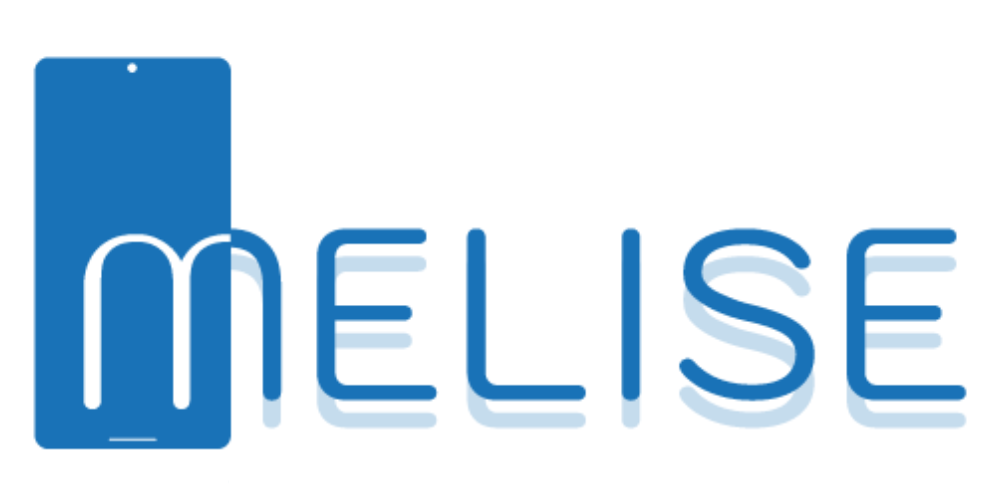Critical Thinking & Media Literacy for Professionals Working with Older Adults
Critical Thinking & Media Literacy for Professionals Working with Older Adults
Launching on October 6, 2025
INTRODUCTION
The program, delivered in English, combines theoretical insights with practical applications, offering participants a comprehensive understanding of media literacy challenges across Europe. The course structure includes four lessons, divided into units that address both technical and specialized topics.
By the end of the program, participants will be equipped to integrate best practices and lessons learned into their own organizational activities, enhancing their ability to foster media literacy among seniors. The program represents a critical step toward building an inclusive society where all individuals, regardless of age, can fully participate as informed and empowered citizens.
OBJECTIVES
- Describe the Digital Landscape and Media Literacy Challenges for Seniors
- Develop Critical Media Literacy Skills
- Promote Safe and Ethical Digital Practices
- Foster Social Inclusion through Digital Tools
- Apply Inclusive and Culturally Relevant Teaching Methods
- Enable the Use of Digital Tools for Civic Engagement
- Enhance Trainers’ Capacity in Adaptive Teaching
SYLLABUS
Lesson 1. Digital Landscape and Media Literacy Challenges for Seniors
This lesson provides an overview of the challenges older adults face in the digital world and how to motivate them to develop media literacy skills.
- Unit 1: Challenges of Seniors
- Unit 2: Digital and Media Literacy and Motivation
- Unit 3: Tailoring Training for Seniors
- Unit 4: Digital Citizenship
Lesson 2. Developing Media Literacy Skills
This lesson focuses on equipping trainers with the skills to teach seniors how to critically assess media content and combat misinformation.
- Unit 1: Introduction to Disinformation
- Unit 2: Fact-checking tools
- Unit 3: Source Evaluation Exercise
- Unit 4: Bias. News stories that highlight different types of bias
Lesson 3. Digital Safety and Ethics
This lesson covers best practices for ensuring online security and ethical behavior in digital interactions.
- Unit 1: Privacy and online safety
- Unit 2: Digital Ethics: responsible behavior on social media
- Unit 3: Privacy Settings Tutorial
- Unit 4: Interactive Quiz through Google Forms
Lesson 4: Social Inclusion
This lesson highlights the role of digital tools in fostering social connections and inclusion for senior citizens.
- Unit 1: Social media and messaging apps
- Unit 2: Social Media Basics
- Unit 3: Community Engagement Platforms
- Unit 4: Simulation exercise

